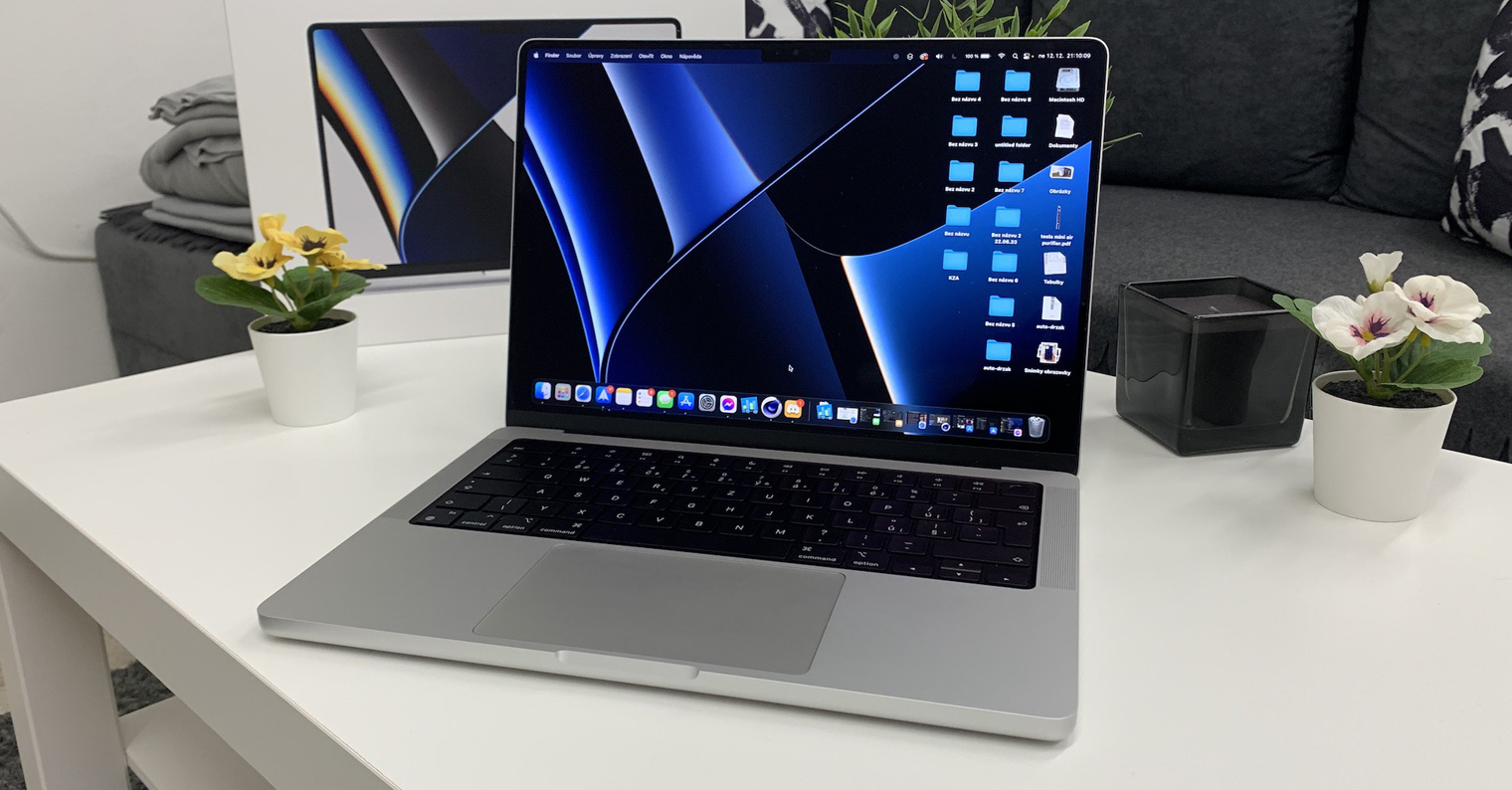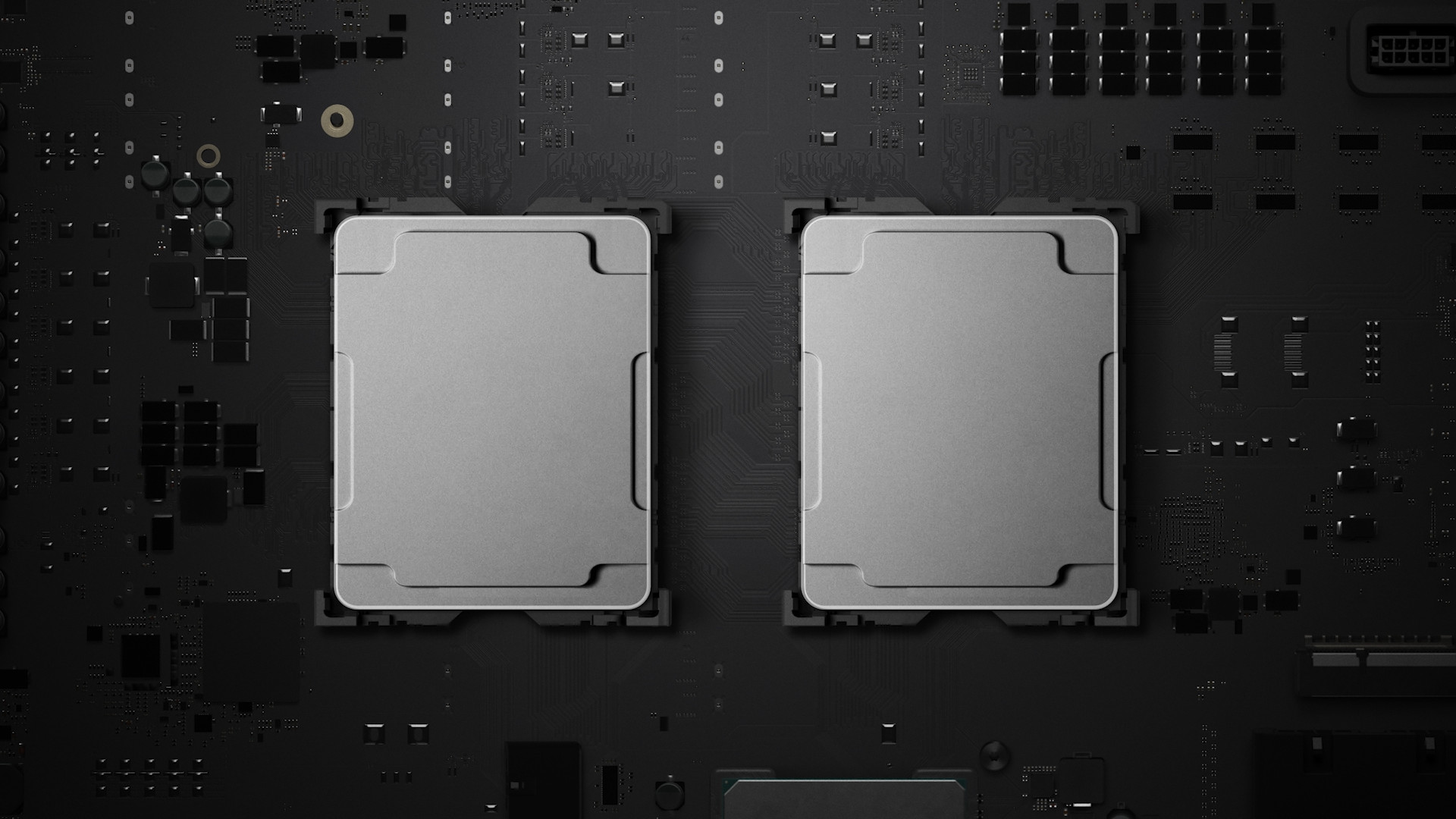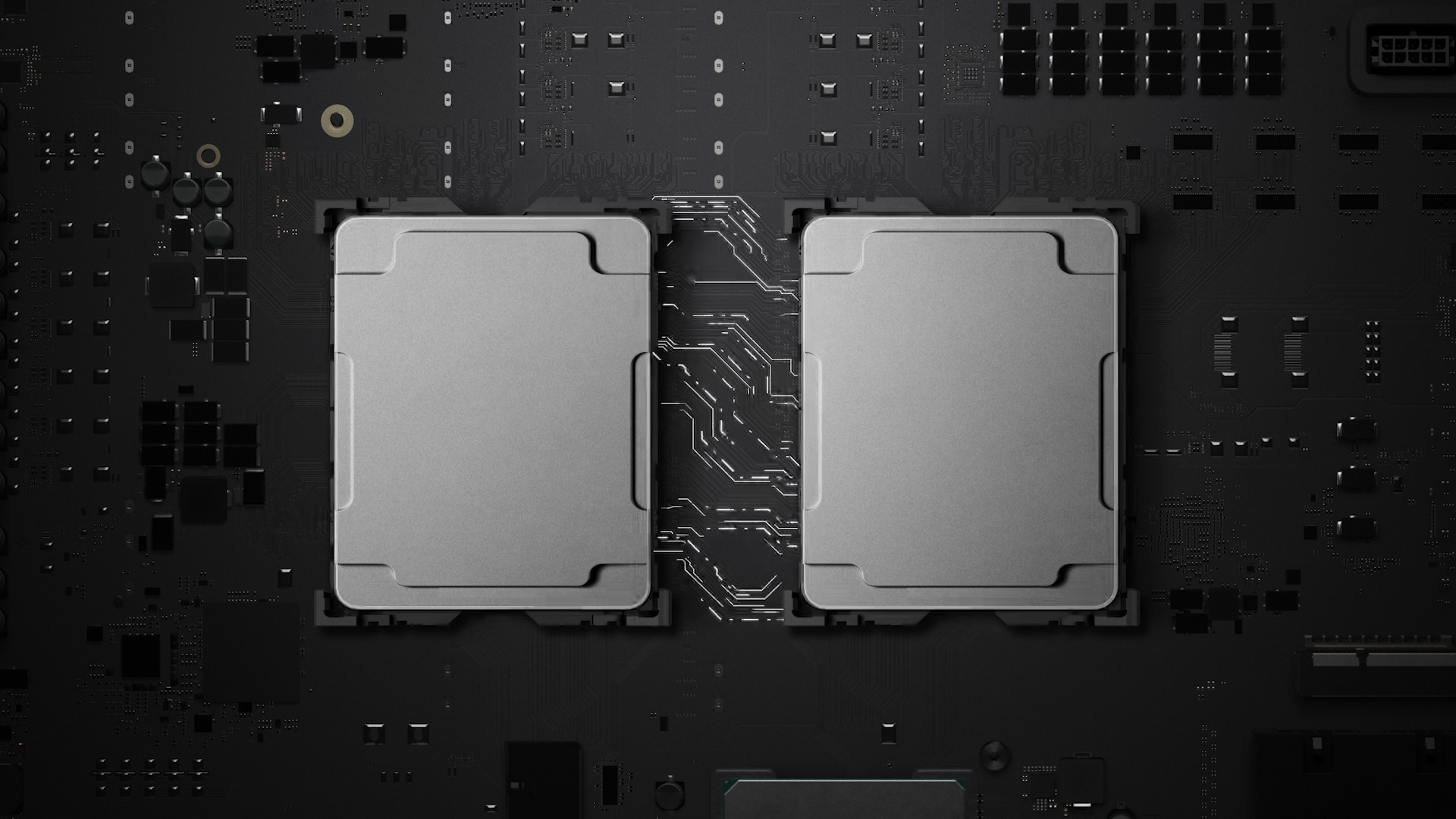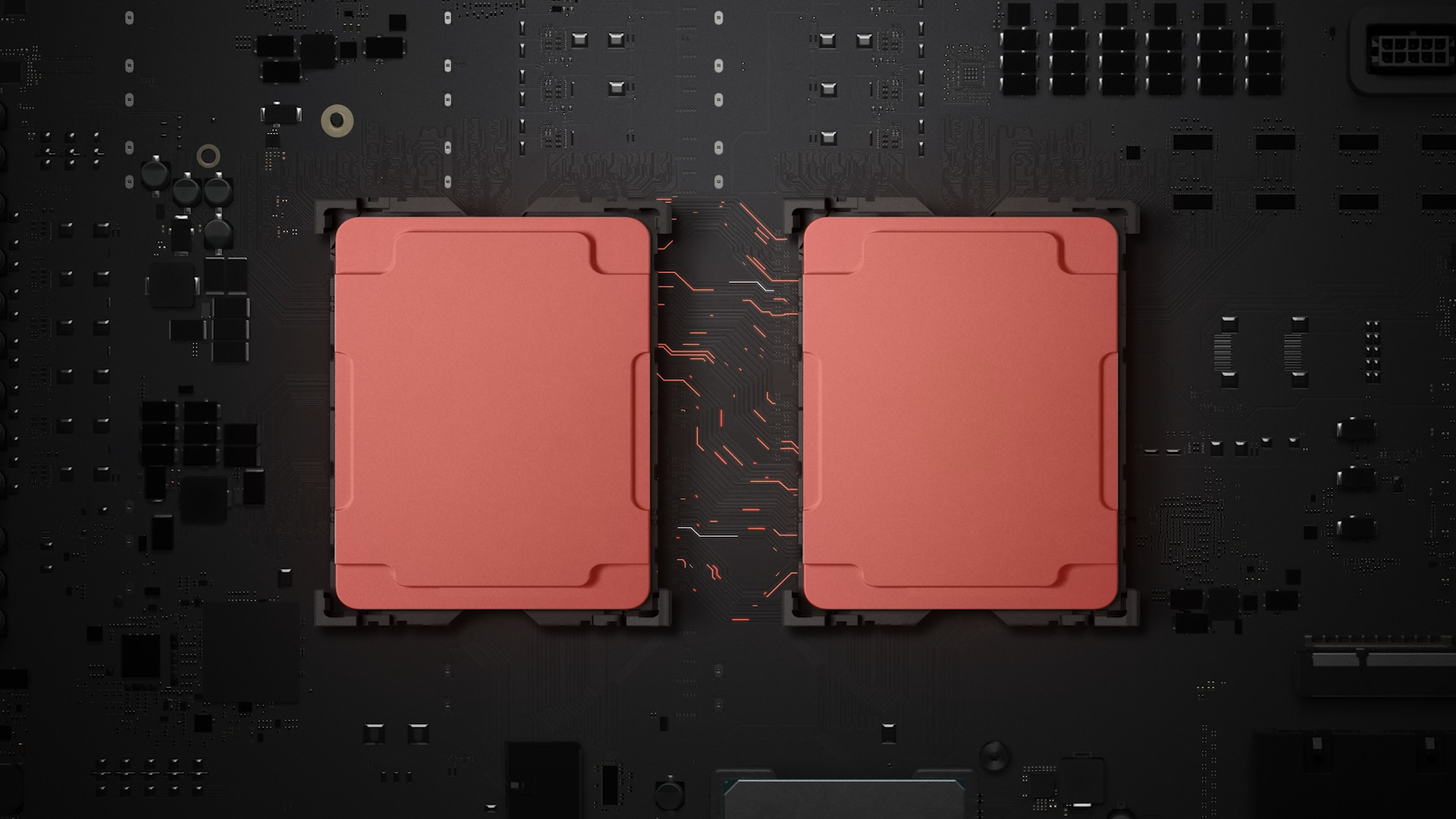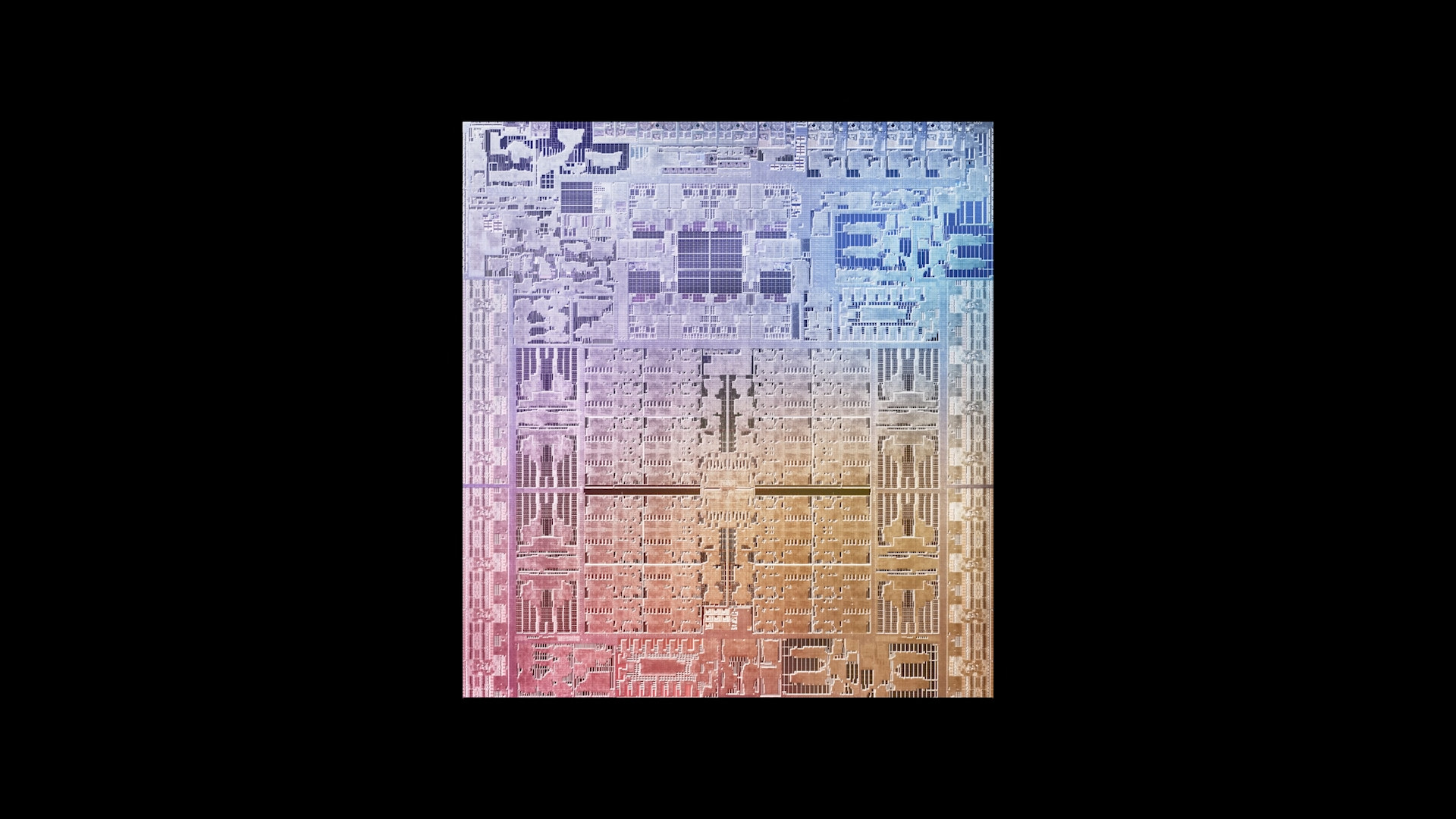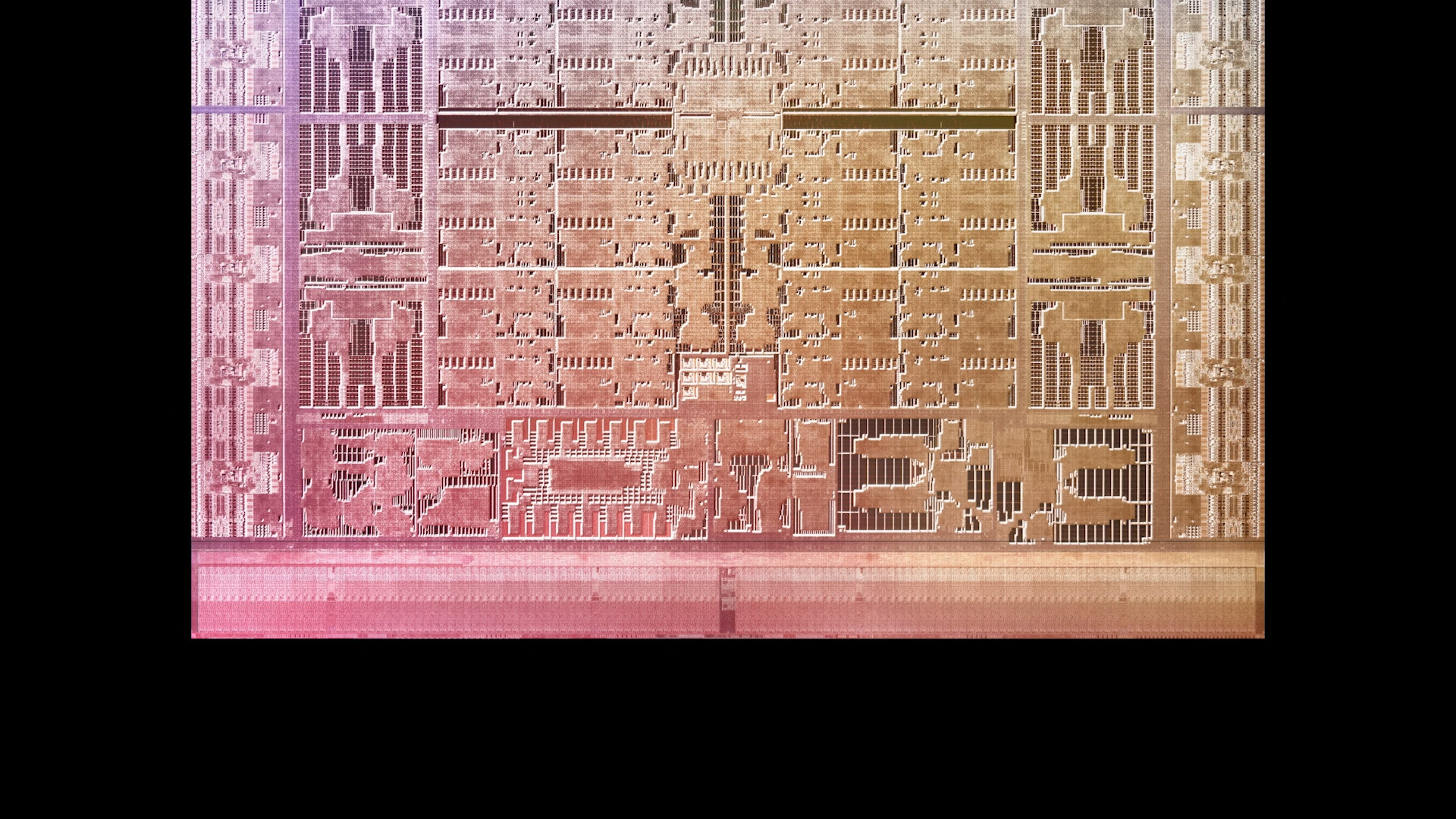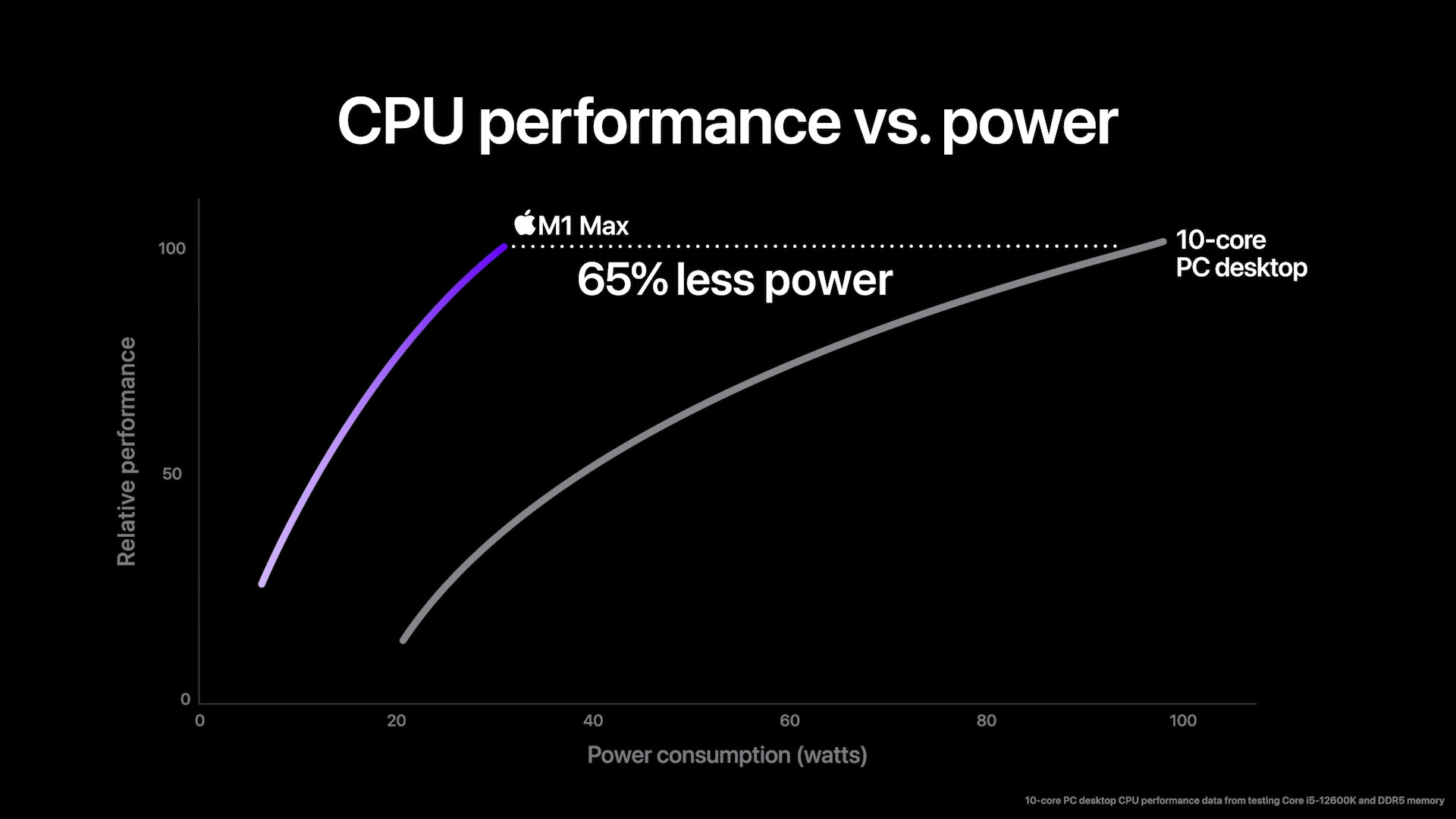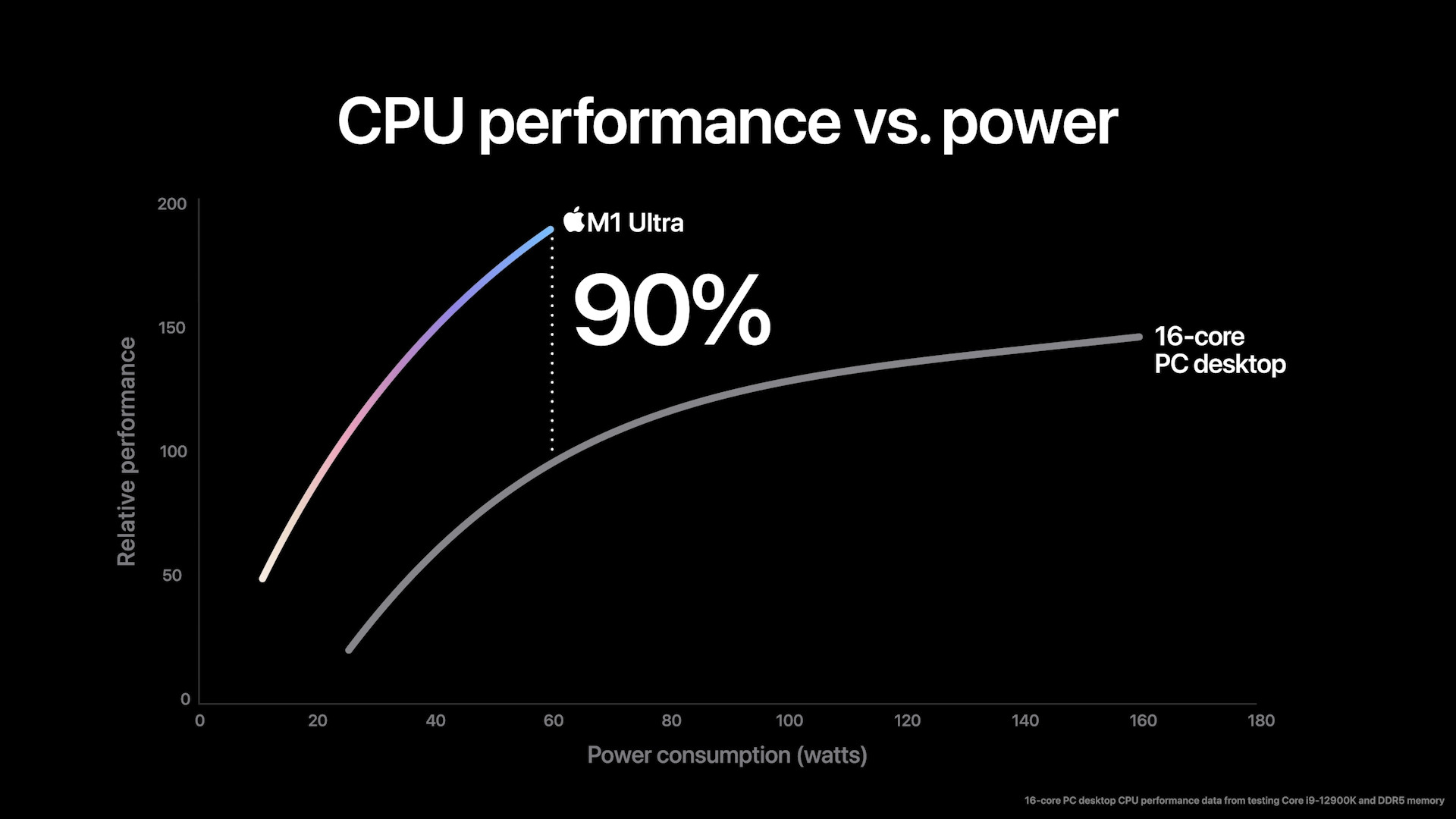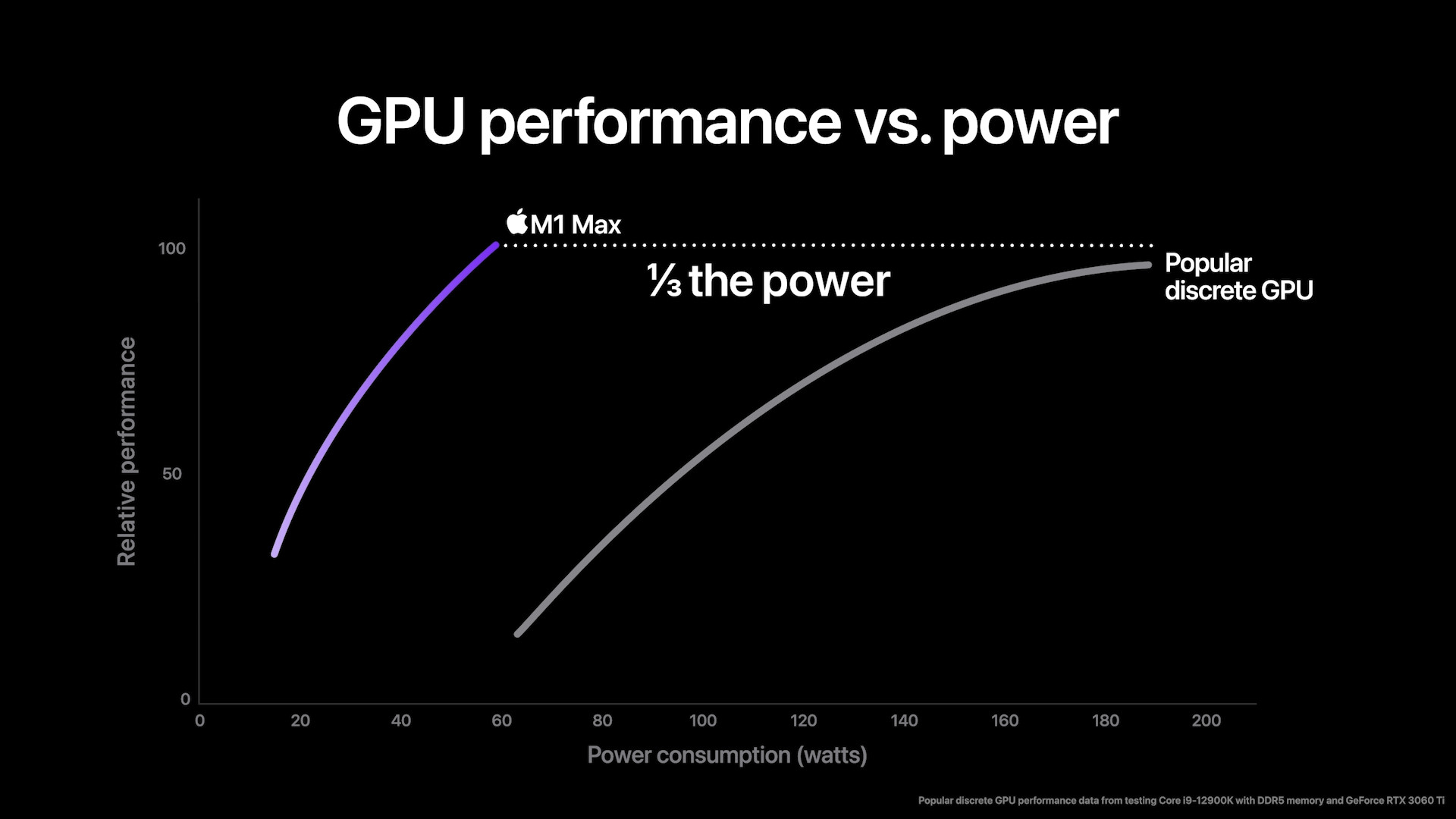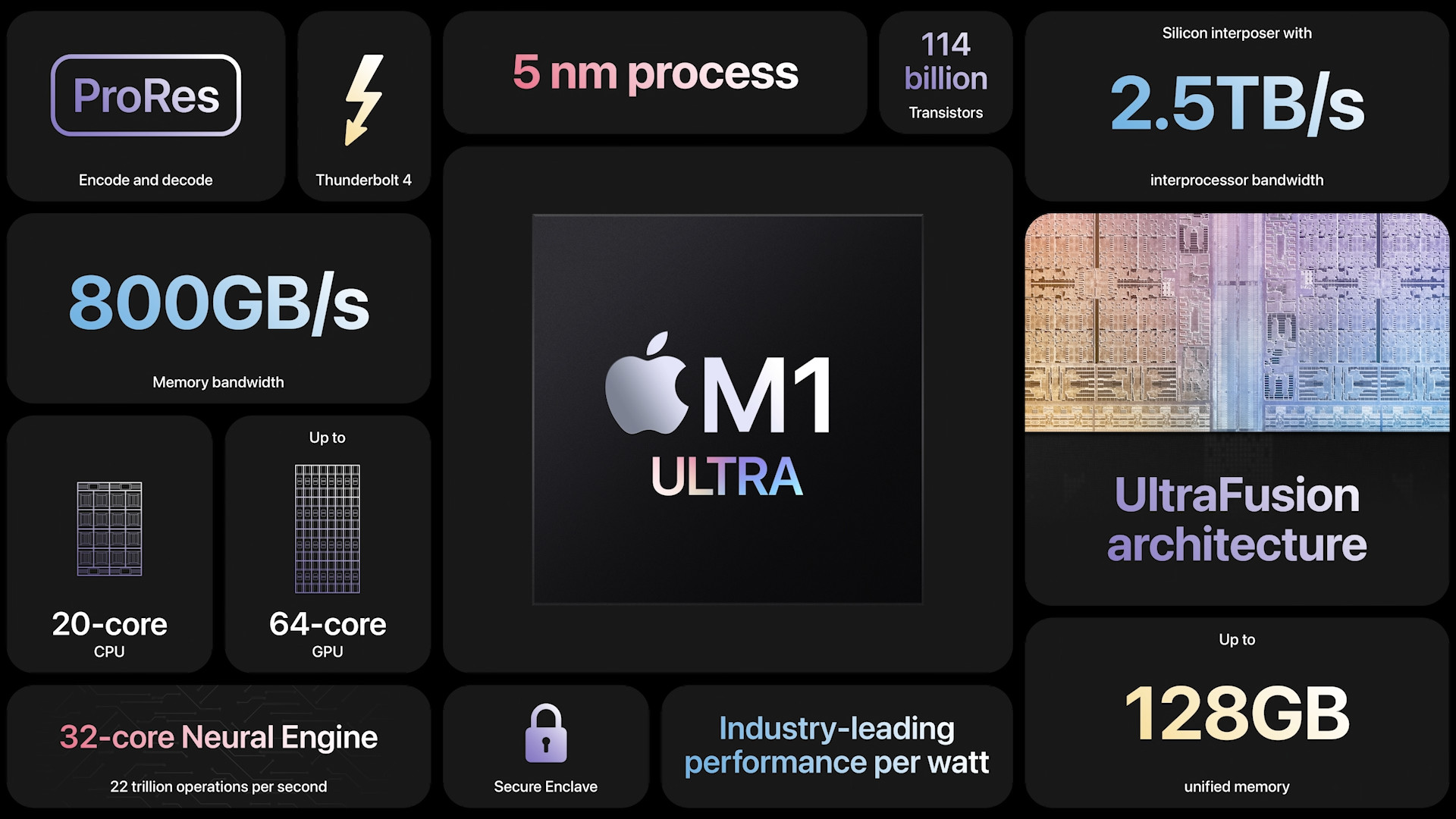At the beginning of March, Apple gracefully ended the first generation of Apple Silicon chips. As the last of the M1 series, the M1 Ultra chipset was introduced, which is currently available in the Mac Studio computer. Thanks to the transition from Intel processors to its own solution, the Cupertino giant was able to increase performance immensely in a relatively short time, while maintaining low energy consumption. But we still haven't seen Mac Pro on its own platform, for example. Where will Apple Silicon move in the coming years? In theory, a fundamental change may come next year.
It could be interest you
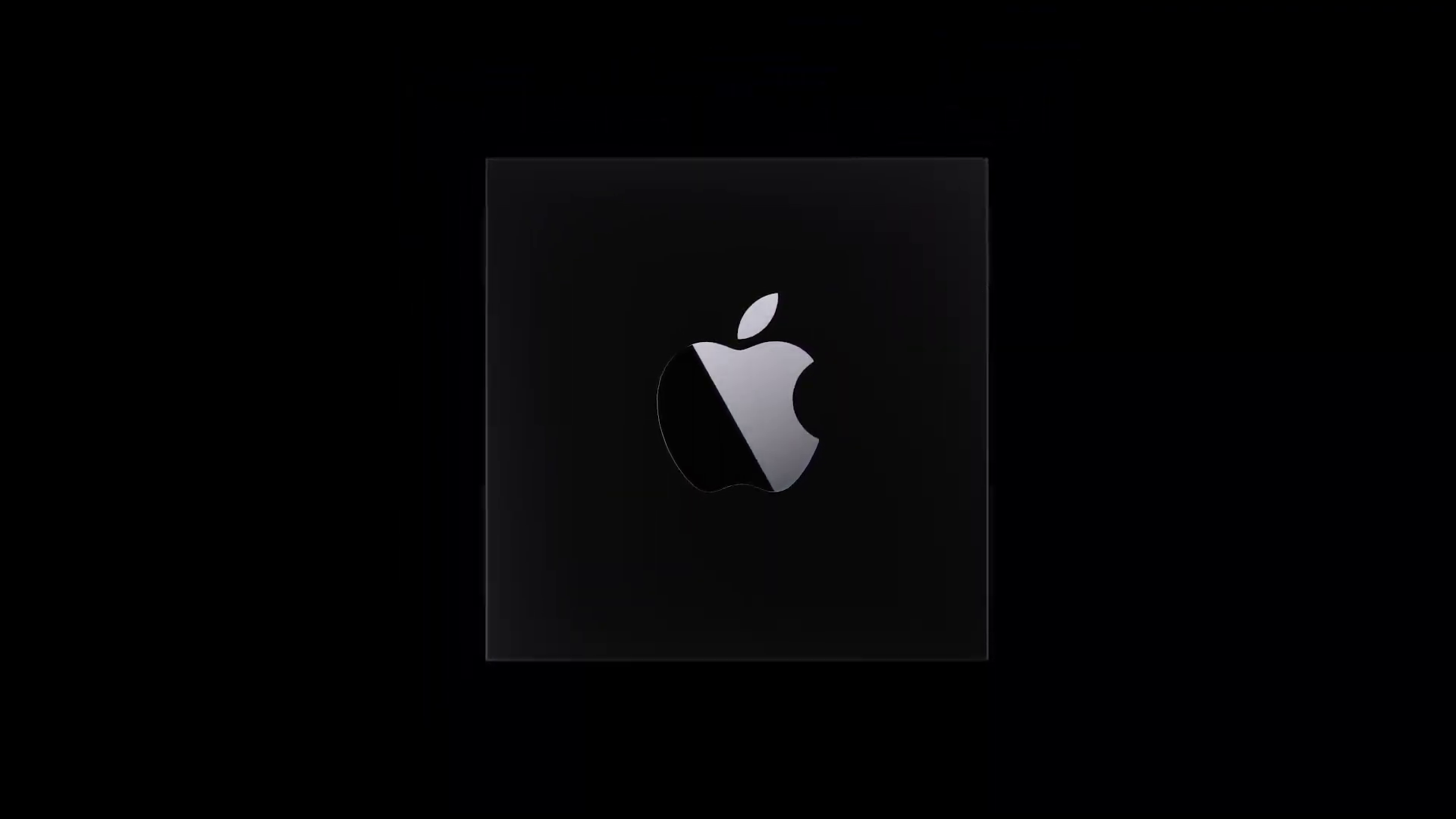
Speculation most often revolves around the arrival of a better production process. The production of current Apple Silicon chips is handled by Apple's long-term partner, the Taiwanese giant TSMC, which is currently considered a leader in the field of semiconductor production and possesses only the best technologies. The current generation of M1 chips is based on the 5nm manufacturing process. But a fundamental change should come relatively soon. The use of an improved 5nm production process is most often talked about in 2022, while a year after that we will see chips with a 3nm production process.
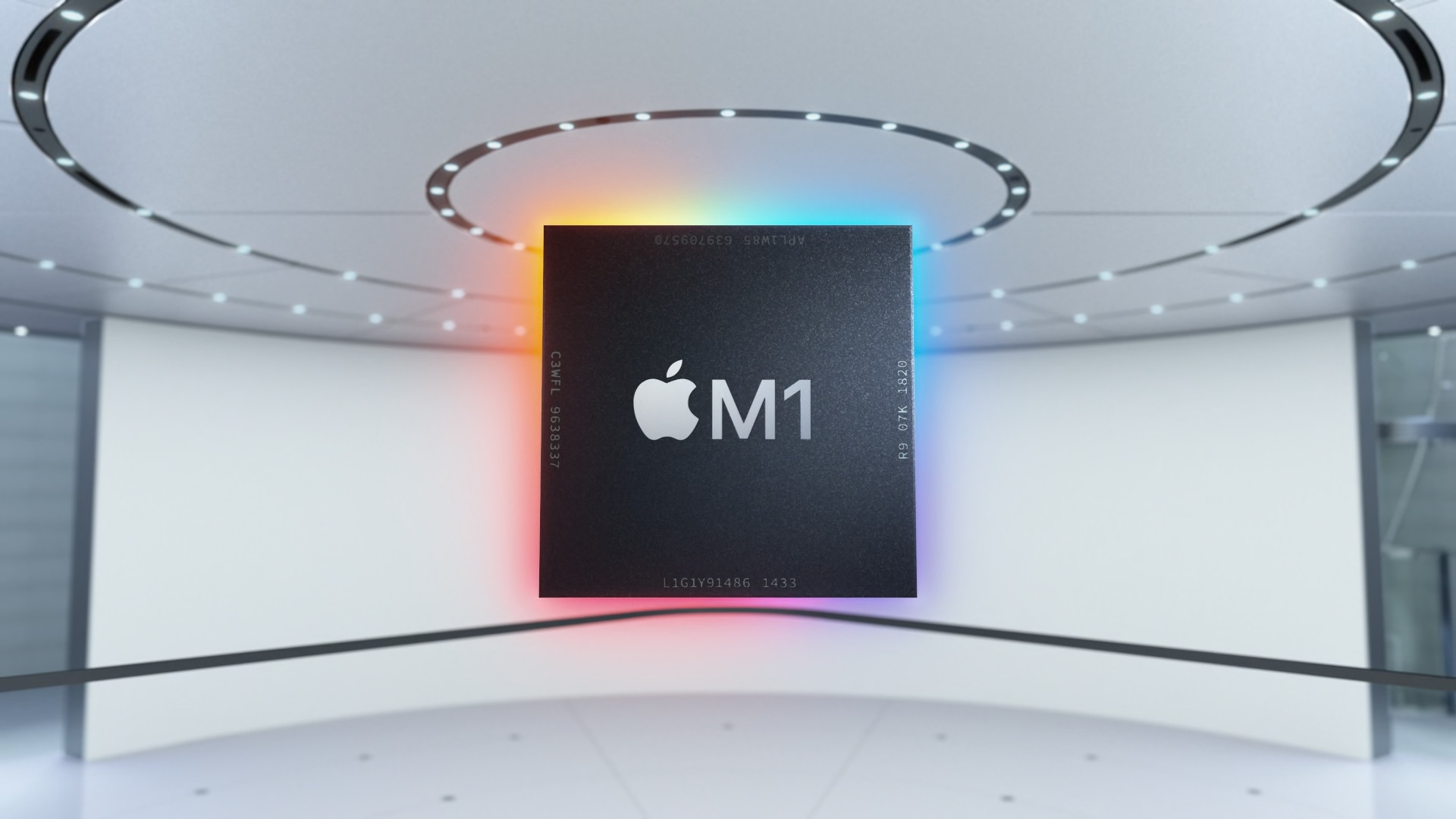
Manufacturing process
But in order to understand it correctly, let's quickly explain what the production process actually indicates. Today we can see mentions of it practically on every corner - whether we are talking about traditional processors for computers or chips for smartphones and tablets. As we indicated above, it is given in nanometer units, which determine the distance between two electrodes on the chip. The smaller it is, the more transistors can be placed on the same size chip and, in general, they will offer more efficient performance, which will have a positive effect on the entire device that will be fitted with the chip. Another benefit is lower electricity consumption.
The transition to the 3nm production process will undoubtedly bring significant changes. Moreover, these are directly expected from Apple, as it needs to keep up with the competition and offer its customers the best possible and most efficient solutions. We can also connect these expectations with other speculations that revolve around M2 chips. Apparently, Apple is planning a much bigger leap in performance than we've seen so far, which will definitely please professionals in particular. According to some reports, Apple is planning to connect up to four chips with the 3nm manufacturing process together and thus bring a piece that will offer up to a 40-core processor. From the looks of it, we definitely have a lot to look forward to.
It could be interest you
